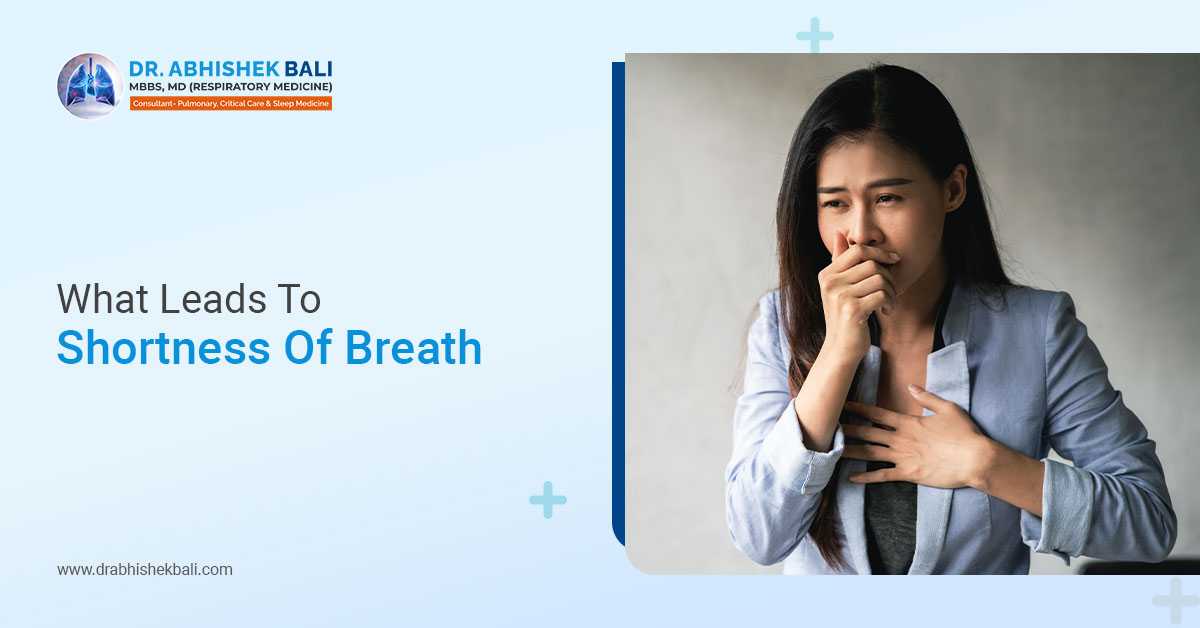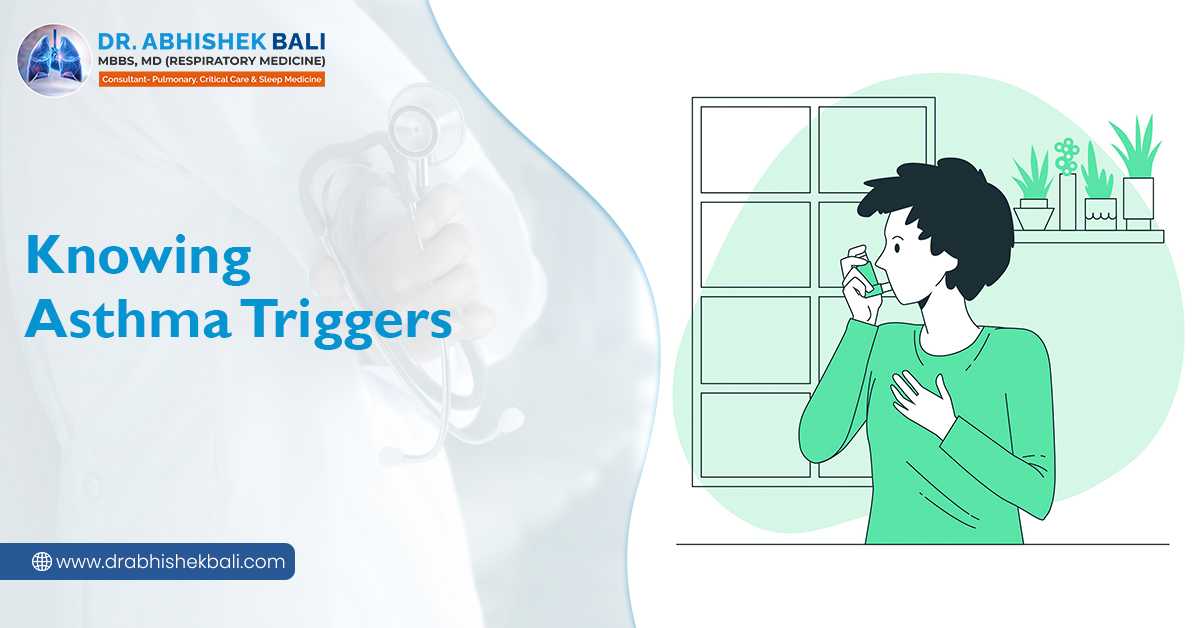By definition, chronic cough refers to a long-term condition that stays longer than 7 to 8 weeks in adults. In children, this discomfort may last for 4 weeks or more. Coughing is not bad but downright uncomfortable. Through coughing, your body eliminates undesired materials and mucus from the lung airways.
Make sure coughing can be a sign of an underlying condition too. Or, it can happen due to common cold/flu. Be attentive to your wellness. See your chest specialist and find out what leads you to keep coughing. You can seek guidance from the best chest specialist in Siliguri town for quality care.
Knowing the Signs of Chronic Cough
Coughing is itself the sign of this condition. Now let’s look at what other possible symptoms you may develop along with this discomfort:
- Postnasal drip/ secretion of extra mucus running down back of the throat
- Hoarse voice
- Heartburn
- Stuffy/runny nose
- Shortness of breath
- Wheezing
- Coughing up blood (rare)
- Sore throat
Other Symptoms
- Dizziness
- Chest discomfort
- Urine leakage
- Headaches
- Night sweats
- Chest pain that persists
- Unexplained weight loss
Did You Know What Cause Chronic Cough?
Outlined below are causes of chronic cough:
- Asthma is the common reason for chronic cough. If you have asthma, try to keep yourself from lung-irritant objects. This problem can lead to shortness of breath, chest pain, or wheezing. A type of asthma is called cough-variant asthma in which chronic cough can be the only sign.
- Postnasal drip produces excess mucus running down the back of your throat that may influence cough reflex known as upper airway cough syndrome.
- Chronic obstructive pulmonary disease/COPD is a long-term inflammatory lung disease. COPD obstructs the airflow leading to breathing difficulty, wheezing, chest pain, and so forth. Experiencing chronic cough may occur due to an underlying condition – COPD.
- Pneumonia is a clinical condition that inflames the air sacs called alveoli. Persistent cough, breathing issues, chest pain, coughing up pus can be an indication of this disease.
- Gastroesophageal Reflux Disease/GERD is a digestive disease that causes stomach acid to flow back into the oesophagus that may result in chronic cough. Oesophagus refers to a tube that connects the throat with the stomach.
- Tuberculosis/TB, parasites, endemic fungi may contribute to chronic cough if the conditions remain undiagnosed or untreated.
Complications of Chronic/Persistent Cough
With a chronic cough, you’re more likely to experience the following problems:
- Headaches
- Sleep issues
- Urinary incontinence/leaking urine
- Night Sweats
- Dizziness
- Unintended Weight loss
- Vomiting
- Chest Discomfort
- Fractured ribs
- Inguinal/femoral hernia
- Temporary loss of consciousness
- Minor bleeding in the eye
Medical Assistance
In order to rule out what causes you to experience such discomfort, your chest specialist/pulmonologist may recommend - a few tests besides a physical exam and reviewing your medical history.
Tests/diagnostic procedures of chronic cough may include – Chest X-ray, X-ray of the sinuses, CT scan of your lungs, MRI, Ultrasound, Bronchoscopy to find out lung blockages, strictures, Lab tests, Spirometry to check your lung function, etc. To receive optimal care for chronic cough, you can visit the leading doctor pulmonologist in Siliguri.
The entire treatment depends upon the underlying condition of chronic cough. Among a wide range of treatments, medications are the most common ones. If you’ve been diagnosed with a chronic cough, be sure to refrain from smoking or substances/environment that can trigger your lungs. Consume more fiber-rich foods, get enough water/fluid and keep in touch with your pulmonologist doctor.






